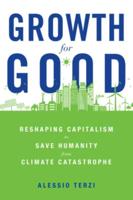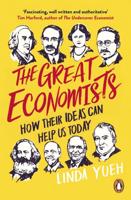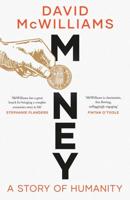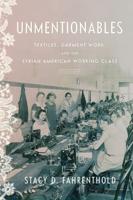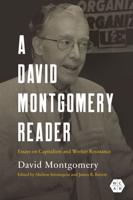Publisher's Synopsis
This fascinating study investigates the experience of English poverty between 1700 and 1900 and the ways in which the poor made ends meet. The phrase 'economy of makeshifts' has often been used to summarise the patchy, desperate and sometimes failing strategies of the poor for material survival. In The poor of England some of the leading, young historians of welfare examine how advantages gained from access to common land, mobilisation of kinship support, resorting to crime, and other marginal resources could prop up struggling households. The essays attempt to explain how and when the poor secured access to these makeshifts and suggest how the balance of these strategies might change over time or be modified by gender, life-cycle and geography. This book represents the single most significant attempt in print to supply the English 'economy of makeshifts' with a solid, empirical basis and to advance the concept of makeshifts from a vague but convenient label to a more precise yet inclusive definition. An electronic edition of this book is freely available under a Creative Commons (CC BY-NC-ND) licence.


